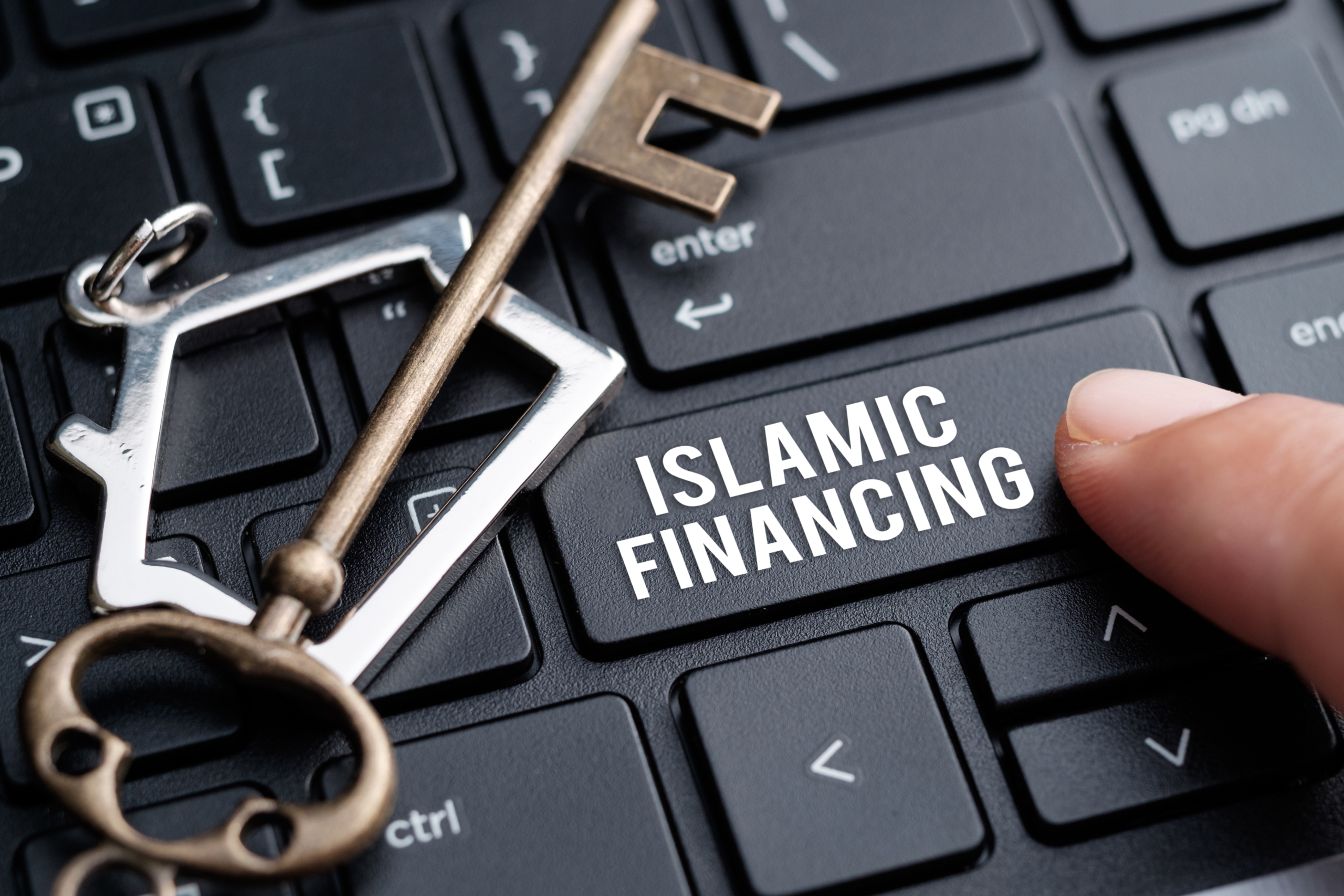How Does Islamic Banking Differ from a Regular Home Loan?
Shafi'i Fiqh
Answered by Shaykh Muhammad Carr
Question
How does an Islamic banking loan differ from a conventional one? Despite choosing methods like Murabaha or Diminishing Musharaka, the repayment seems similar, leaving me apprehensive. Could you clarify how Islamic banking avoids interest despite repayment amounts exceeding the borrowed sum?
Answer
Notably, profit earned on a sale structure differs significantly from interest accrued on a loan structure. However, Islamic banks typically structure their profit in alignment with prevailing bank rates to remain competitive.
Murabaha
Murabaha sells a commodity at the purchasing price with a defined and agreed profit markup. This markup may be a percentage of the selling price or a lump sum.
This transaction may be concluded either without a prior promise to buy, in which case it is called an ordinary Murabaha, or with a prior promise to buy submitted by a person interested in acquiring goods through the Institution, in which case it is called a “bankingMurabaha,” i.e., Murabaha to the purchase orderer. [AAOIFI, Shari‘ah Standards]
Diminishing Musharaka
Diminishing Musharaka is a form of partnership in which one of the partners promises to buy the equity share of the other partner gradually until the title to the equity is completely transferred to him. [AAOIFI, Shari‘ah Standards]
Price Structures
The price (thaman) is an essential element of a sales contract. It must be known, and the sale is deemed invalid if the price is unknown, as it introduces contractual risk (gharar).
The asking price is determined at the discretion of both the buyer and the seller, with no specified minimum or maximum. This price is influenced by demand and supply, the nature of the sale (cash or credit), inflation, and ultimately, the seller’s asking price and the buyer’s willingness to pay.
As Islamic banks operate in an interest-based economy, they typically structure their profits in alignment with prevailing interest rates. Importantly, this contingency does not compromise the permissibility of the sale, nor does it equate to interest-based debt financing.
[Shaykh] Muhammad Carr
Checked and Approved by Shaykh Faraz Rabbani
Shaykh Muhammad Carr has dedicated his life to studying and transmitting our beautiful deen. His studies have taken him around the globe, where he has benefitted from many luminaries. Under the guidance of his teachers – Shaykh Taha Karan, Shaykh Yaseen Abbas, Shaykh Muadh Ali, and many others – Shaykh Muhammad has grown to appreciate the beauty and benefits of diverse scholarship. He completed his memorization of the Qur’an at Dar al-Ulum Zakariyyah in September 1997 and received an Alimiyya Degree in 2006 from DUAI (Darul Ulum al-Arabiyyah al-Islamiyyah). He is affiliated with Masjid Auwal in Bo Kaap, Cape Town (the oldest mosque in South Africa), where he serves as a co-imam, and Dar Al-Safa, where he has taught since 2018. As a teacher, he imparts the wisdom of our heritage and tradition by opening the door to students. As an imam, he has the unique opportunity to serve his community daily.
In addition to his roles as a teacher and imam, Shaykh Muhammad Carr has contributed significantly to administrative and advisory aspects of Islamic institutions. Since 2023, he has been the Administrative Director at The Imam Kurani Institute, contributing to the institution’s growth and development. He continues to pursue traditional Islamic Sciences, possessing a keen interest in Islamic Contract Law and Finance. Shaykh Muhammad has been a Shari’ah Board Member for Islamic Asset Management & Insurance Companies since 2001, aligning financial practices with Islamic principles.
